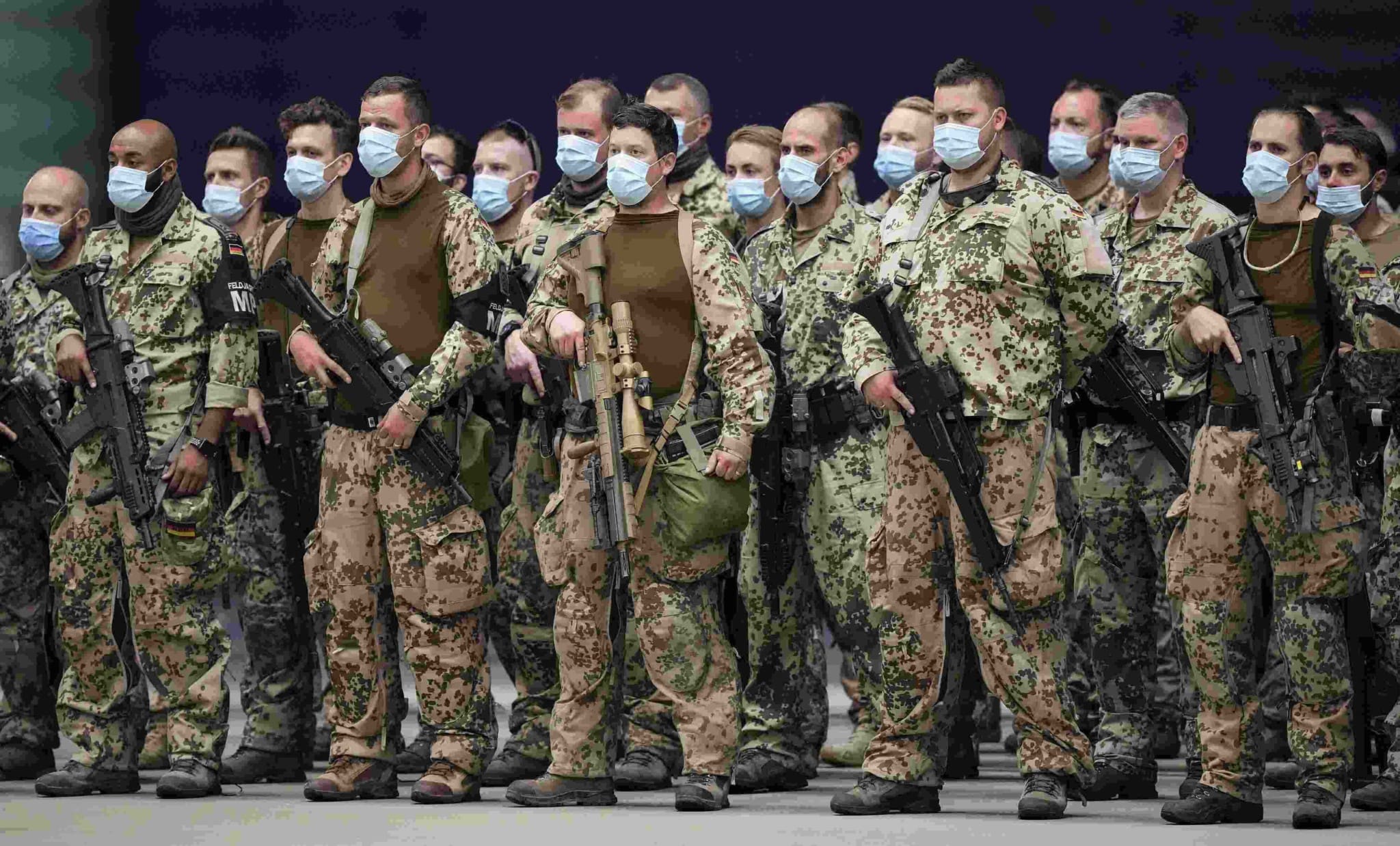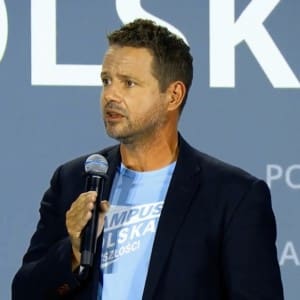In response to developments in Afghanistan, the countries of the European Union have started talking again about creating their own rapid reaction forces, an idea that was once derided as a conspiracy theory by papers like The Guardian when those such as Brexit Party leader Nigel Farage warned that Brussels was moving to create such a force.
Now,
Now, the EU’s top diplomat, Josep Borrell, spoke in favor of the idea, as did the representatives of some governments such as Germany after a two-day meeting of defense ministers. According to the Slovenian EU presidency, ministers discussed the possibility that only some countries would send soldiers to military force, which would speed up their involvement in the action.
Many European politicians say that the rapid withdrawal of NATO troops from Afghanistan, together with the immediate rise of the Taliban to power, should serve as a warning for the future.
“Some events are accelerating history, bringing a breakthrough, and I think Afghanistan is such a case,” Borrell said at the beginning of the second day of informal ministerial talks in Slovenia.
“The need for a stronger European defense is now clearer than ever,” he added.
At the same time, there have long been concerns that an EU army would be the first step to dissolving national armies in support of a supranational force controlled from Brussels. Given the limited democratic input into Brussels institutions, such as the European Commission, democratic accountability for the army would be at a minimum.
The European bloc has been talking about its military units since the beginning of the century. In 2007, the European Union set up a system of battle groups of 1,500 troops to be prepared to intervene in the event of a crisis. However, these units were never deployed due to disagreements between member states. Some countries, including the Czech Republic, point out unnecessary spending and emphasize that most EU countries are also members of NATO.
However, according to supporters of stronger European defense, including Germany and France, the Union must be able to respond even without coordinating their plan of action with the United States, which is dominant in the alliance.
“We were dependent on the US, and today we have to draw clear conclusions from it,” German Defense Minister Annegret Kramp-Karrenbauer told reporters.
According to her, the Union has sufficient capacity to put together its own troops. The key question is not whether, but when and how, it will do so, the German minister added after the meeting.
Already in the spring, as part of a new defense strategy for the next decade, the EU began exploring the possibility of gaining the support of all member states to create a 5,000-strong brigade of troops that the European bloc could deploy around the world. However, the idea met with a mixed response. According to Slovenia’s Minister of Defense Matej Tonin, there was a proposal on Thursday based on which only countries that are interested would send troops to this unit. According to the minister, a simple majority of the votes of the member states of the European bloc could suffice for the deployment of forces that could grow up to four times the originally proposed number of troops.
According to diplomatic sources, the informal negotiations did not bring any concrete commitment. However, the states would like to have clearly outlined the joint forces plan by spring and the idea of putting it into practice during the French EU Presidency in the first half of next year. Diplomats say that the chances of the formation of EU troops are now closer to reality, not only in connection with the failure of the mission in Afghanistan but also after the departure of Great Britain, which was skeptical of a joint EU army.
However, even after the Thursday meeting, the countries of the eastern wing of the EU, including the Czech Republic, in particular, continue to stress that potential European military forces should not copy NATO’s activities. According to them, the member states could also strengthen defense cooperation by making greater use of existing tools.
“It is necessary to constantly develop Permanent Structured Cooperation (PESCO), the European Defense Fund (EDF), and other coordination mechanisms,” said Jan Havránek, deputy Czech minister of Defense, who represented the Czech Republic in Slovenia.
He emphasized that Czechia wants to focus on continuing the EU’s defense mission in Mali, West Africa, where the armies of EU countries could benefit from the experience in Afghanistan.
Title image: German Soldiers stand in a hangar after they arrived on planes from Tashkent, Uzbekistan at the Bundeswehr airbase in Wunstorf, Germany, Friday, Aug. 27, 2021, after they finished the evacuation mission in Kabul, Afghanistan. (AP Photo/Martin Meissner)






